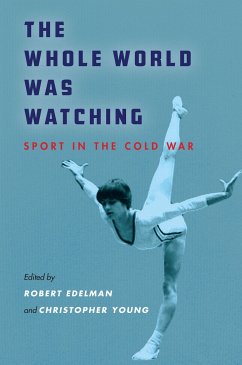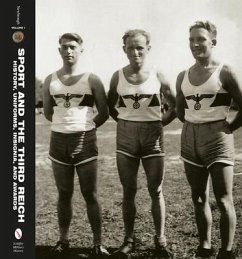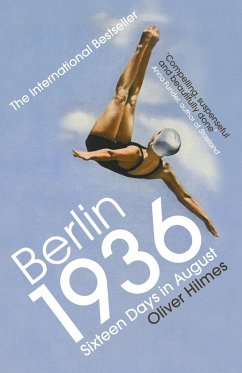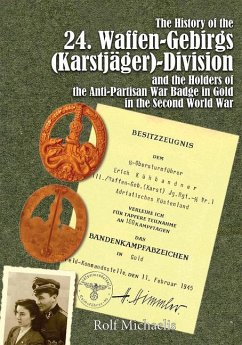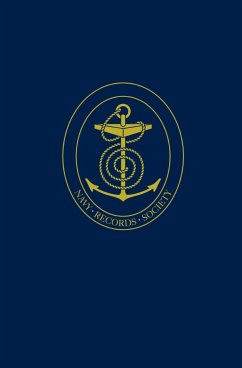Nicht lieferbar
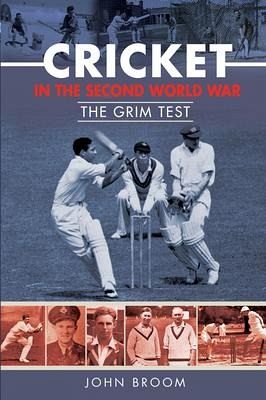
Cricket in the Second World War
The Grim Test
Versandkostenfrei!
Nicht lieferbar
As the civilised world fought for its very survival, Sir Home Gordon, writing in The Cricketer in September 1939, stated that 'England has now started the grim Test Match with Germany', the objective of which was to 'win the Ashes of civilisation'. Despite the interruption of first-class and Test cricket in England, the game continued to be played and watched by hundreds of thousands of people engaged in military and civilian service. In workplaces, cricket clubs, and military establishments, as well as on the famous grounds of the country, players of all abilities kept the sporting flag flyin...
As the civilised world fought for its very survival, Sir Home Gordon, writing in The Cricketer in September 1939, stated that 'England has now started the grim Test Match with Germany', the objective of which was to 'win the Ashes of civilisation'. Despite the interruption of first-class and Test cricket in England, the game continued to be played and watched by hundreds of thousands of people engaged in military and civilian service. In workplaces, cricket clubs, and military establishments, as well as on the famous grounds of the country, players of all abilities kept the sporting flag flying to sustain morale. Matches raised vast sums for war charities whilst in the north and midlands, competitive League cricket continued, with many Test and county players being employed as weekend professionals by the clubs. Further afield the game continued in all the Test-playing nations and in further-flung outposts around the world. Troops stationed in Europe, Africa and the Far East seized on any opportunity to play cricket, often in the most unusual of circumstances. Luxurious sporting clubs in Egypt hosted matches that pitted English service teams against their Commonwealth counterparts. Luminaries such as Wally Hammond and Lindsay Hassett were cheered on by their uniformed countrymen. Inevitably there was a sombre side to cricket's wartime account. From renowned Test stars such as Hedley Verity to the keen but modest club player, many cricketers paid the ultimate price for Allied victory. The Victory Tests of 1945 were played against a backdrop of relief and sorrow. Nevertheless, cricket would emerge intact into the post-war world in broadly the same format as 1939. The game had sustained its soul and played its part in the sad but necessary victory of the Grim Test.





